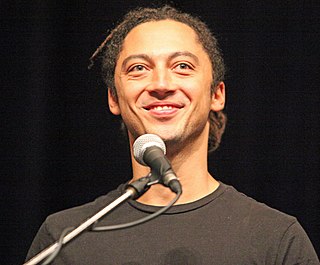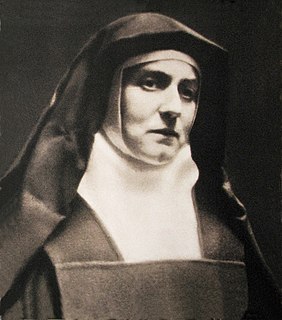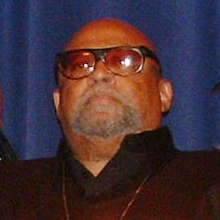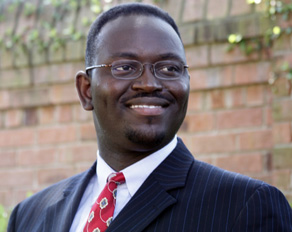A Quote by Ziggy Marley
The African-American community still needs to come together as one and stand up for rights of the people and of what's happening in their culture, their community.
Related Quotes
When the Romani people came and settled in Gioia Tauro in the '60s and the '70s, they took over a neighborhood much like Africans are doing now that became like their "ghetto". Obviously, there are immense differences in Romani culture - there is more of a distrust of the outside and less willingness to integrate that stopped it from happening. The illiteracy rate is still very high, and they are still very much keeping themselves sectioned off from the rest of the community. I don't think that's going to happen with the African community.
In community after community, there are unemployment rates among young African-Americans of 30 to 40 percent. Thirty to 40 percent! Kids have no jobs, they have no future. That is an issue that has got to be dealt with simultaneously as we deal with police brutality, voter suppression and the other attacks that are taking place on the African-American community.
There was a resistance movement in the white community, and there was a determined civil rights movement by our neighbors and friends in the African-American community. They had right on their side. They conducted themselves in high standards, with courage and determination, and they were victorious. They overcame.
The [Kwanzaa] holiday, then will of necessity, be engaged as an ancient and living cultural tradition which reflects the best of African thought and practice in its reaffirmation of the dignity of the human person in community and culture, the well-being of family and community, the integrity of the environment and our kinship with it, and the rich resource and meaning of a people's culture.



































